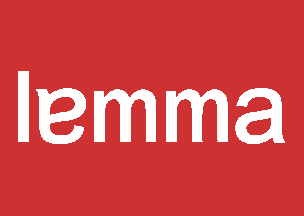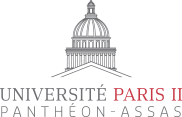Séminaires LEMMA
"Expected accuracy as a measure of subjective complexity"
Elias Tsakas (Maastricht University)
Elias est un expert en théorie des jeux, en théorie de la décision et en économie comportementale. Ses travaux de recherche portent principalement sur la relation entre les croyances, l’information et le comportement.
Monday, 17 February 2026, 11h-12h
Lemma - 4 rue Blaise Desgoffe, 75006 Paris. Salle Maurice Desplas
Abstract : We introduce uniform expected accuracy as a proxy for subjective complexity which is robust with respect to the underlying reward (for solving the task correctly). The idea is that task A is classified as subjectively more complex than task B if the probability of correctly solving A is smaller than the probability of correctly solving B, regardless of the reward. We provide a full characterization of the incomplete order over the set of tasks that this measure induces. This characterization allows us to identify the degree of prior uncertainty as a novel dimension of subjective complexity, i.e., in order for task A to be deemed subjectively more complex than task B, it does not suffice that A is more difficult than B; it should also be the case that the agent does not have much more prior information about A than about B. Then, using a lab experiment, where we can exogenously control both difficulty and uncertainty, we corroborate our theoretical predictions. Thus, the recently surging use of expected accuracy as a proxy for subjective complexity is well warranted, as long as expected accuracy is elicited for multiple different rewards using the strategy method.
"Cooperative games with unpaid players"
Léa Munich (Assas-CRED), avec Sylvain Béal, Kevin Techer, Philippe Solal
Léa étudie la résolution de problèmes d’allocation des coûts et des responsabilités en mobilisant la théorie des jeux coopératifs, l’approche normative, la recherche opérationnelle et l’analyse économique du droit.
Monday, 3 February 2026, 11h-12h
Lemma - 4 rue Blaise Desgoffe, 75006 Paris. Salle Maurice Desplas


